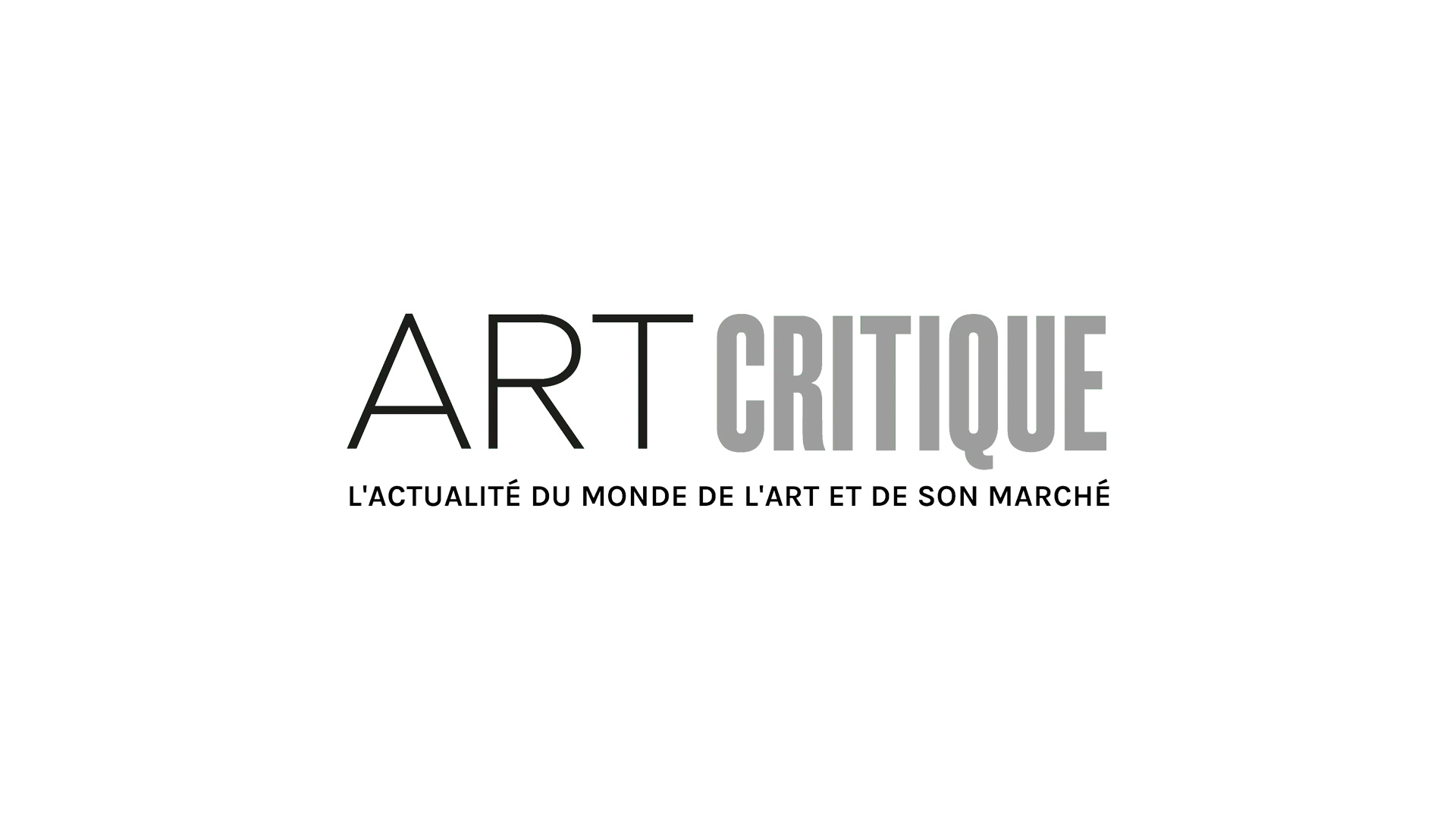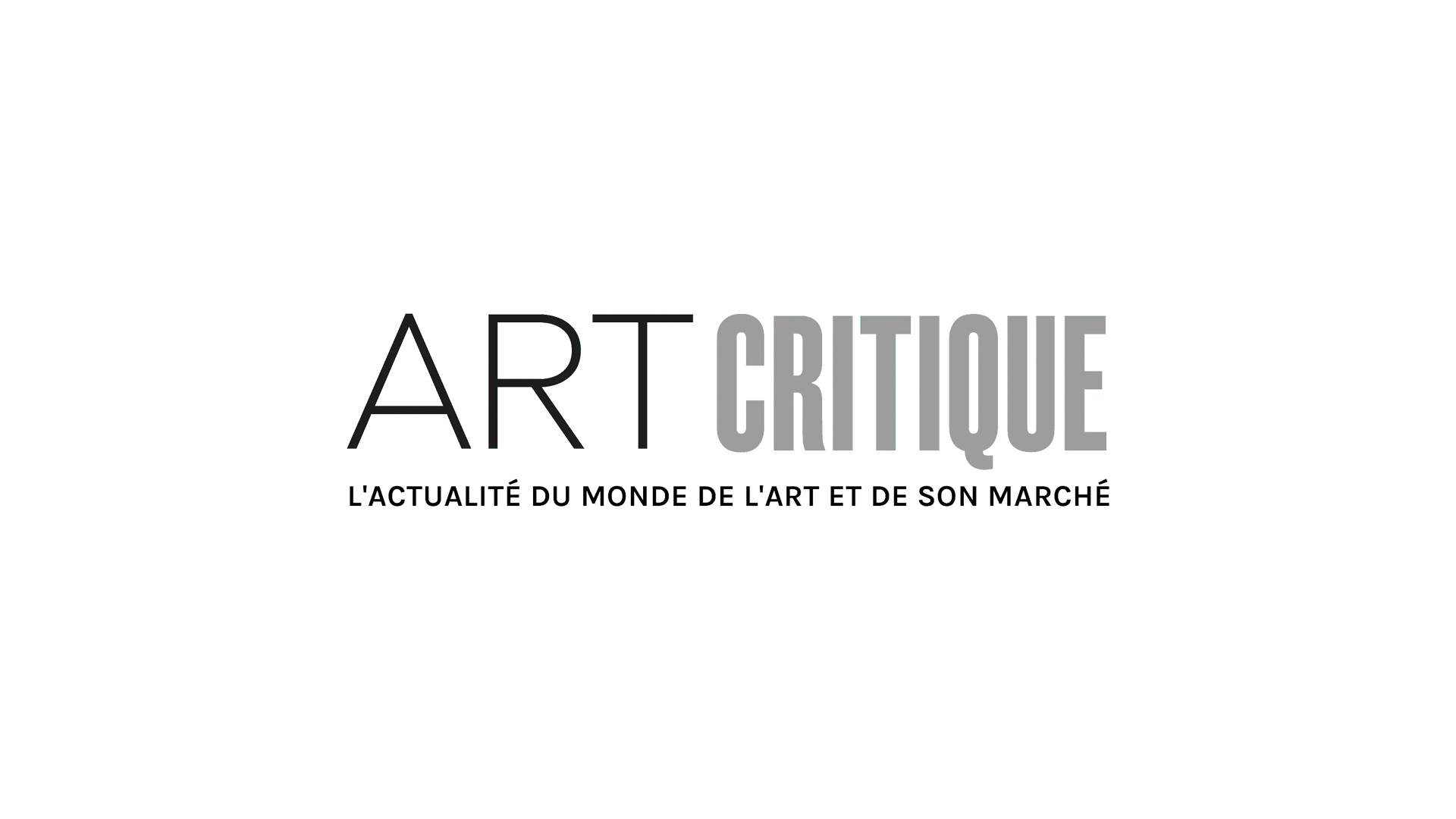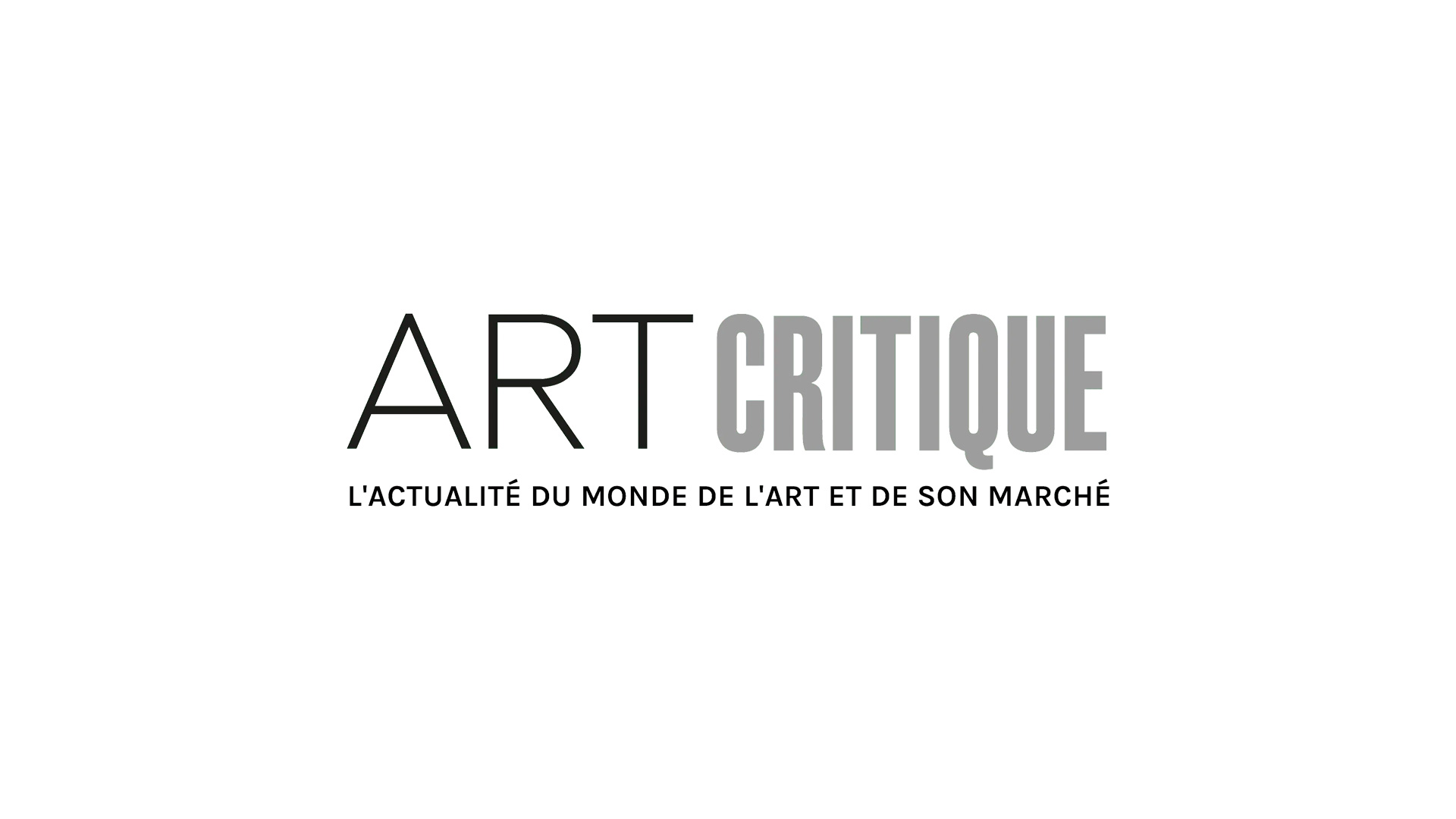For the first time since her abrupt resignation as the director of the Cooper Hewitt Smithsonian Design Museum on February 7th, Caroline Baumann has now spoken out.
In a statement released last week by Baumann’s lawyer, Luke Nikas, the former director called the investigating that led to her unexpected resignation a ‘sham.’ The statement continued, frankly stating that ‘this is not how we treat human beings.’ After her resignation was made public earlier this month, seven of the museum’s 27 board members stepped down from the board in solidarity with Baumann.
‘I learned nothing I didn’t know, except some more details of the investigators’ cluelessness and shoddiness,’ said Kurt Andersen, an author and museum trustees who resigned, according to The New York Times of the Smithsonian’s inspector general’s findings. ‘I still find it incomprehensible that the secretary [Lonnie G. Bunch III] decided these supposed infractions merited termination, and also that he didn’t seek advice from the board about this.’
The ‘supposed infractions’ centre around Baumann’s 2018 wedding and whether or not she used her position at the Smithsonian ‘for private gain.’ The Smithsonian launched their investigation after an anonymous complaint was filed by a Cooper Hewitt staff person. The findings of the report were finalized in January.
The investigation cited three main issues with Baumann’s actions that, in the eyes of the Smithsonian, were in violation of their conflict-of-interest rules.

The report noted that Baumann received use of her wedding ceremony venue, the LongHouse Reserve in East Hampton, at no cost, though it’s usual going rate starts at $25,000 (£19,000). Baumann did, however, disclose that she is friends with the site’s founder, Jack Lenor Larsen, and that played a part in choosing the LongHouse Reserve. Twice, once before her September wedding and once after, Baumann allowed the LongHouse Reserve to use Cooper Hewitt board room space for meetings for free. While the director of the Cooper Hewitt has the capacity to waive fees for rentals, the inspector general found this to be a quid pro quo situation, thus violating Smithsonian employee regulations.
Baumann’s dress was also source of contention. Made by a Brooklyn-based designer, Samantha Sleeper, Baumann purchased her gown for a reported $750 (£580). Baumann later gifted Sleeper with a ticket to the Cooper Hewitt gala, which go for $1,700 (£1,300) each. The investigation found issue with this as according to it, Sleeper’s dresses usually start at $3,000 (£2,300). Thus, the discount and ticket, coupled with Baumann using her Smithsonian email and title to enquire about the dress, were flagged by the inspector general.
Finally, Baumann was faulted by the report for using museum staff to publicise her wedding, which included an announcement in The New York Times that required museum staff to work on personal matters. Baumann upholds that this was a move encouraged by the museum’s publicity consultant in order to shed light on her personal life.
Now, Baumann has begun to speak out about the entire situation and has stated that she was not given an opportunity to discuss the report’s findings or defend her choices. In a statement to Artnet News, Baumann also claimed that ‘The agent at the center of this [investigation] used derogatory, sexist language; he was overtly discriminatory to me and to others, and produced a sham report.’ Following a conversation with the investigator, Sleeper reported to the inspector general that the agent allegedly asked if Baumann was a ‘Devil Wears Prada type’ or a ‘bitch.’ Sleeper reported this and raised concerns that the agent might be biased in the matter.
The lawyer for the inspector general has only since said that the office adhered to necessary standards or integrity throughout the investigation.





